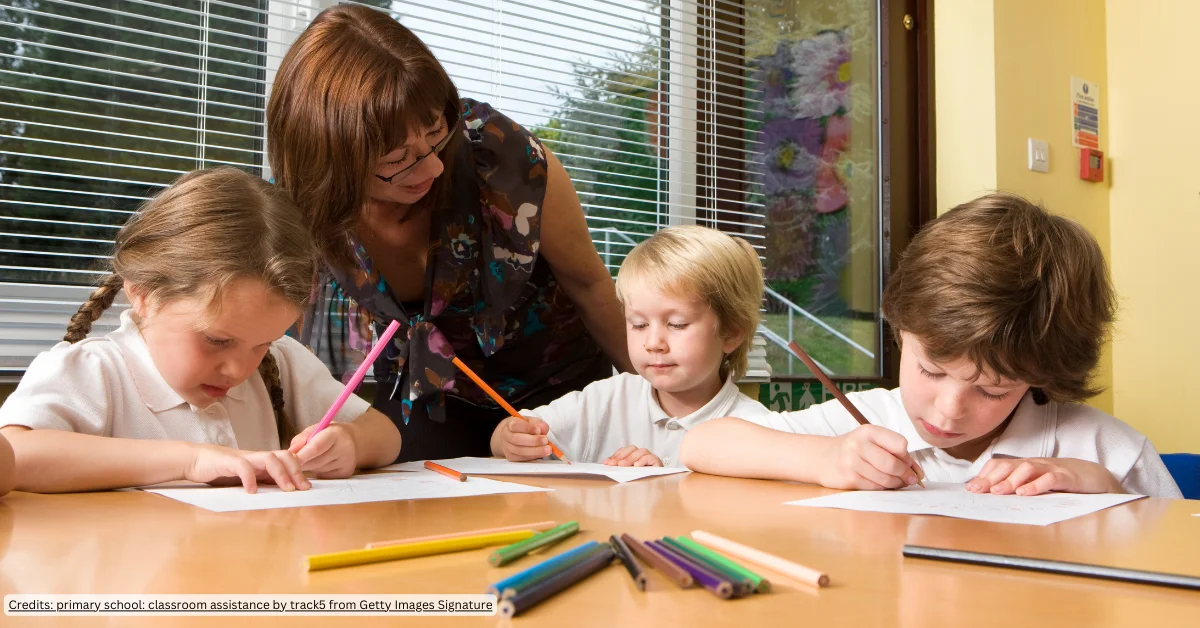On Saturday, February 27 is World NGO Day, which celebrates the legacy and work of the world’s non-governmental organisations. Started by philantrophist Marcis Liors Skadmanis, World NGO Day was first celebrated in April 2012 at the X Baltic Sea NGO Forum’s Final Statement Resolution in Berlin after being officially recognised in 2012.
The global inauguration was conducted in Helsinki Finland in 2014.
To celebrate this day, Third Sector talked to four Australian not-for-profit leaders to get their thoughts on the holiday, and what it means for them and their organisations.
Ricki Smith, CEO of Access Care Network Australia (ACNA) said:
“Founder Marcis Liors Skadmanis saw World NGO Day as an opportunity to inspire people to consider a career within the Not For Profit sector. I am incredibly lucky to be a part of a large team of outstanding people who are inspired by our purpose as much I am and who demonstrate that every day with their commitment to making an impact in the lives of the community and people we are here to serve. 2021 marked ACNA’s 10th anniversary.
In that time we have supported more than 400,000 people to build on their strengths and live independently. As members of NGO community we have the rare gift of doing things that make a real difference in the lives of so many people. I am so grateful that so many smart, hardworking, people have been inspired by ACNA’s purpose and have made the commitment to join us on this wonderful journey.”
Kathryn Viegas, President of the Immigration Advice and Rights Centre said:
“Migrant and refugee communities are such a significant part of Australia’s society and economy. At IARC, our goal is for everyone in Australia to be safe, be it at home, at work or in the community, regardless of their visa status.
To me, World NGO Day represents an opportunity to bring people together to build a stronger future and celebrate all the various causes NGOs are fighting for day in day out. I know first hand how much hard work, grit, passion and determination are required to move the needle for an NGO.
This year, we see World NGO Day as an opportunity to remind Australia of the contribution that refugees and migrants make to our community. It is also an opportunity to mobilise political will and resources so people from disadvantaged communities can not only survive but also thrive by ensuring they feel safe, stay connected to their families, have a sense of belonging to this country and in true Aussie fashion, that they all get a fair go.
Together we can create a more just, inclusive, and equal world for all.”
Selim Ucar, Street Youth Services Manager, Humanity Matters BMYS said:
“This World NGO Day, it is important we recognise the relentless work of organisations grounded in social change and community development.
Last year was a rough year for many, but for those already starting on the back foot, many of their existing challenges were only exacerbated. At Humanity Matters, we found that marginalised young people were facing more challenges relating to mental health, education, financial security and social engagement than ever before.
As hardships for vulnerable community members bleed into 2021, the pressure is on for NGOs to expand their capacity to provide more support, more resources and more services. It is a critical time for governments, social impact leaders and society as a whole to come together to make this possible.
Today should be a day that inspires greater holistic support and authentic community collaboration, as the betterment of society cannot be achieved alone.”
Weh Yeoh, Founder of OIC Cambodia
“World NGO day is an important time to celebrate the excellent work that NGOs have done all across the world, and the people who work tirelessly to make the world a better place. This year, I’ve been reflecting on what a successful NGO is, and how we can ensure that the people we are serving are truly in positions of power.
For me, success for an NGO is when they are able to make themselves redundant. Having a clear idea of when they are no longer needed ensures that we address root causes, as opposed to addressing symptoms. It means that we give up our power, and put marginalised people in the driver’s seat to create change for themselves. It means we get away from the possibility that NGOs perpetuate their own existence, by seeking more funding year on year.
For me, this is a vision of NGOs worth aspiring to in 2021 and beyond.”
Paulo Rizal is a content producer for Third Sector news. He has working experience in journalism, SEO, and social media marketing.
- Paulo Rizalhttps://thirdsector.com.au/author/paulo-rizalakolade-co/
- Paulo Rizalhttps://thirdsector.com.au/author/paulo-rizalakolade-co/
- Paulo Rizalhttps://thirdsector.com.au/author/paulo-rizalakolade-co/
- Paulo Rizalhttps://thirdsector.com.au/author/paulo-rizalakolade-co/











